New to Digital Marketing? Here's How to Begin in 2024
- YouthAffiliate
- Jun 1, 2024
- Reading Time ---

Starting digital marketing might seem hard, but with the right steps, it can be easy and fun.
Whether you want to improve your business online or start a career in this exciting field, learning the basics is important.
Table of Contents
1. Learn: New to Digital Marketing?
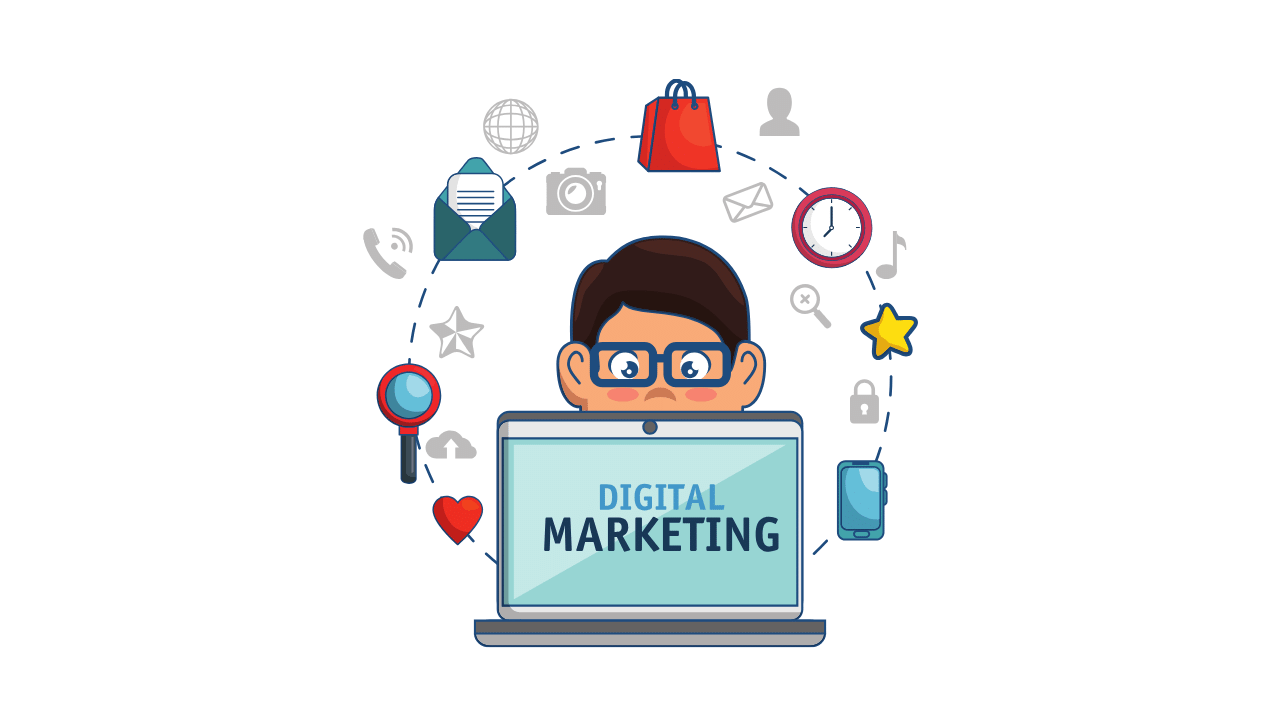
Digital marketing includes various strategies such as search engine optimization (SEO), content marketing, social media marketing, email marketing, and more.
Familiarize yourself with these core components.
SEO (Search Engine Optimization): Techniques to increase your website’s visibility on search engines.
Content Marketing: Creating and distributing valuable content to attract and engage your target audience. – Content Platforms
Social Media Marketing: Using platforms like Facebook, Instagram, and LinkedIn to promote your brand. – Social Media Promote
Email Marketing: Sending targeted emails to prospects and customers. – Concept of Email Marketing
PPC (Pay-Per-Click): Online advertising where you pay each time someone clicks on your ad.
2. Set Clear Goals
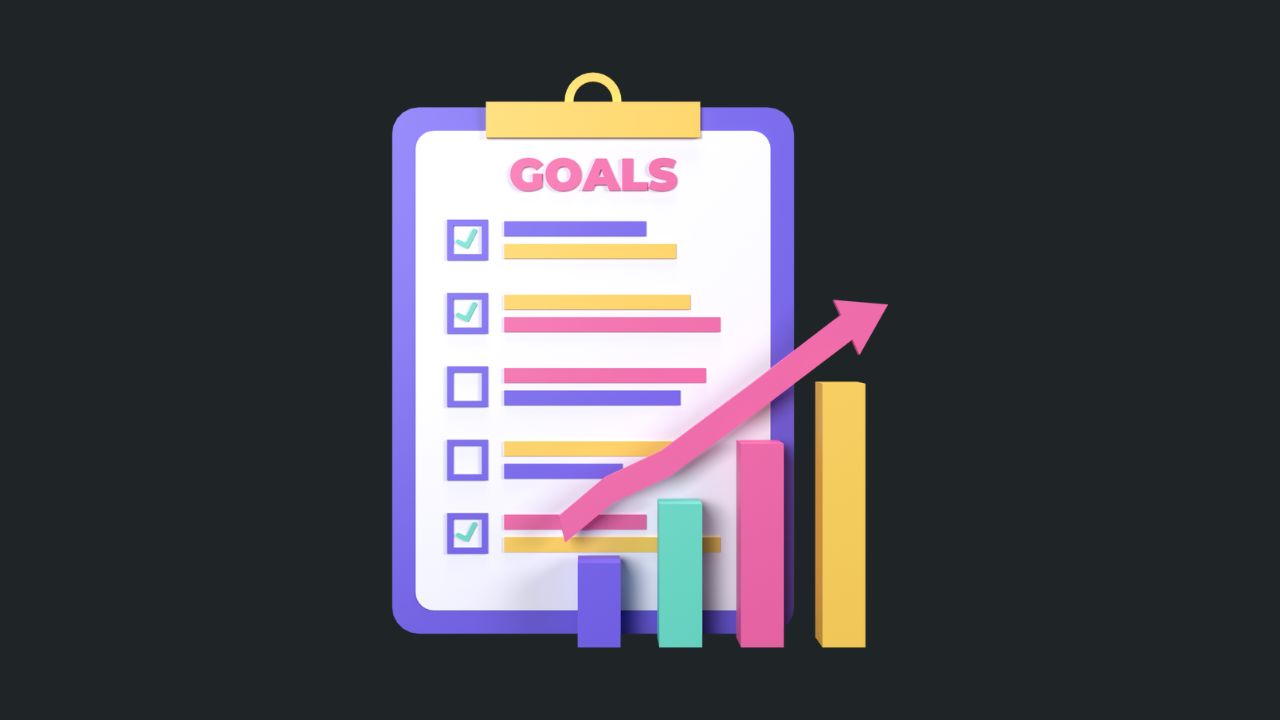
Before diving into specific tactics, define what you want to achieve with digital marketing.
- Increasing website traffic
- Generating leads
- Boosting brand awareness
- Enhancing customer engagement
- Driving sales and conversions
Having clear, measurable goals will guide your strategy and help you track your progress.
3. Build a Strong Online Presence

Your website is the cornerstone of your digital marketing efforts. Ensure it is user-friendly, mobile-responsive, and optimized for search engines.
Professional Design: A clean, professional design that reflects your brand.
SEO: Optimize your website with relevant keywords, meta tags, and high-quality content.
Blog: Regularly update your blog with valuable content to attract and retain visitors. – Create Blog Content
4. Learn About Your Audience

Understanding your target audience is essential for effective marketing. Use tools like Google Analytics and social media insights to gather data on your audience’s demographics, behaviors, and preferences.
Create buyer personas to represent your ideal customers and tailor your marketing efforts accordingly.
5. Utilize Social Media

Social media platforms are powerful tools for reaching a broad audience. Choose the platforms that best suit your business and audience.
Facebook: Great for a wide range of demographics.
Instagram: Ideal for visual content and younger audiences.
LinkedIn: Perfect for B2B marketing and professional networking.
Twitter: Useful for real-time updates and engagement.
Consistently post engaging content, interact with your followers, and use analytics to refine your strategy.
6. Invest in Email Marketing
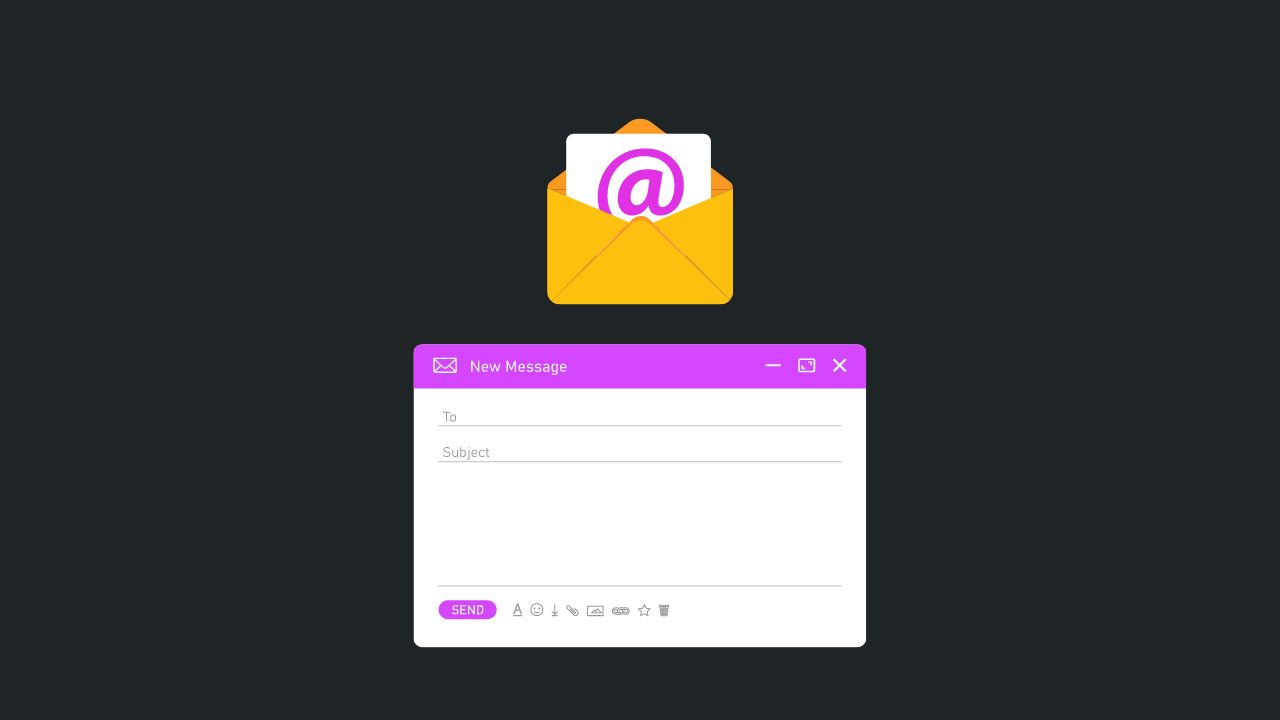
Email marketing remains one of the most effective digital marketing strategies. Build an email list by offering valuable incentives like eBooks, discounts, or exclusive content.
Segment your audience and personalize your emails to increase engagement.
Use tools like Mailchimp or Constant Contact to manage your campaigns.
7. Start Small with Paid Advertising
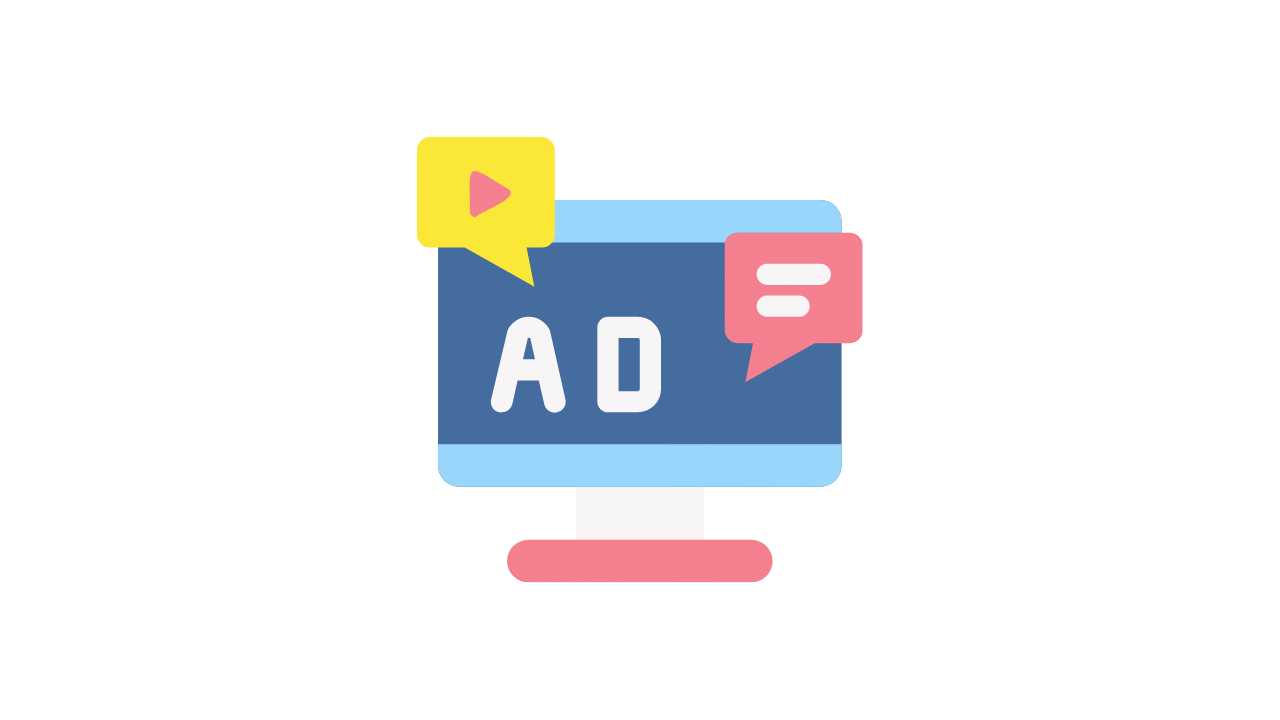
Paid advertising can provide quick results, but it requires a strategic approach. Begin with a small budget and test different ads to see what works best.
Google Ads: Reach potential customers through search ads, display ads, and YouTube ads.
Facebook Ads: Target specific demographics with highly customizable ad formats.
Instagram Ads: Leverage visual content to engage your audience.
Monitor your campaigns closely and adjust based on performance metrics.
8. Measure and Analyze Your Results

Effective digital marketing relies heavily on data analysis. Use tools like Google Analytics, Google Search Console, and social media analytics to track your progress.
Website Traffic: Number of visitors, page views, and sessions. – Website Traffic
Conversion Rate: Percentage of visitors who complete a desired action, such as filling out a form or making a purchase.
Bounce Rate: Percentage of visitors who leave your site after viewing only one page.
Engagement Metrics: Likes, shares, comments, and overall interaction on social media.
Email Open and Click-Through Rates: Measures of how effectively your email campaigns are performing. – CTR
Regularly review these metrics to understand what’s working and what needs improvement.
Use A/B testing to experiment with different strategies and optimize your campaigns for better results.
9. Optimize for Mobile

More and more people use the internet on their phones and tablets, so it’s important to make your digital marketing work well on mobile devices. You have to optimize your content for mobile devices.
Make sure your website is easy to use on phones and tablets. Use a responsive design that looks good on all devices.
SMS Marketing: Sending targeted text messages to your audience.
Mobile Apps: Developing an app can enhance customer engagement and loyalty.
Mobile Ads: Creating ads specifically designed for mobile platforms.
10. Focus on Customer Experience

Giving a great customer experience can make you stand out from others. Make sure your website is easy to use, offers great customer service, and talks to your audience in a personal way.
Ask for reviews and testimonials to build trust and show credibility.
11. Good Content Marketing
Content is at the heart of digital marketing. Create high-quality, valuable content that addresses the needs and interests of your audience.
Blog Posts: Informative articles that provide insights and solutions.
Videos: Engaging visual content that can be shared on platforms like YouTube and social media.
Infographic: Visual representations of data and information.
Podcasts: Audio content that can reach a different segment of your audience.
eBooks and Whitepapers: In-depth resources that can be used for lead generation.
Content marketing not only attracts and engages your audience but also helps establish your authority in your industry.
12. Build Partnerships and Collaborations
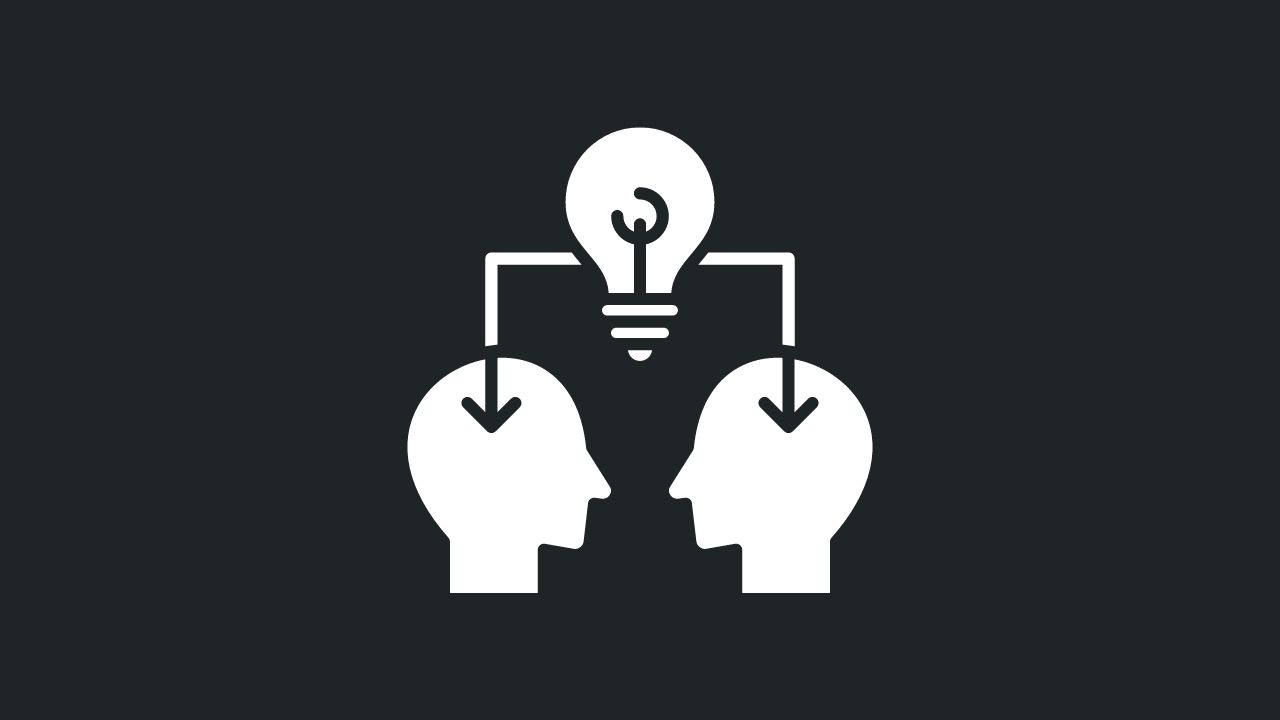
Collaborating with other businesses and influencers can expand my reach and introduce my brand to new audiences
Guest Blog: Write for other industry blogs to showcase your expertise.
Influencer Marketing: Partner with influencers who can promote your products to their followers.
Joint Ventures: Collaborate with complementary businesses on promotions or content.
These partnerships can enhance your credibility and drive more traffic to your website.
13. Stay Updated with Industry Trends
Digital marketing is always changing. Keep up with the latest trends, technologies, and best practices.
Following Industry Leaders: Subscribe to blogs and social media channels of digital marketing experts.
Attending Conferences and Webinars: Participate in industry events to network and learn from professionals.
Joining Online Communities: Engage in forums and groups where digital marketers share tips and advice. Top best online community platforms
Keeping up with trends ensures your strategies remain relevant and effective.
Conclusion
Digital marketing is constantly evolving, so it’s essential to stay updated with the latest trends and best practices.
Follow industry blogs, attend webinar, and consider taking online courses to expand your knowledge. Platforms like HubSpot, Coursera, and Udemy offer valuable resources.
If you are searching for FREE COURSES then visit the top free online courses.
Starting your digital marketing journey can be fun and rewarding. Learn the basics, set clear goals, build a strong online presence, and keep learning.
Success in digital marketing takes time, but with hard work and good strategies, you can achieve great results.

4 thoughts on “New to Digital Marketing? Here’s How to Begin in 2024”
Nice information,,,👌
Thank you for appreciate 😊
nice,,
Thank you,,,, 😊
Comments are closed.